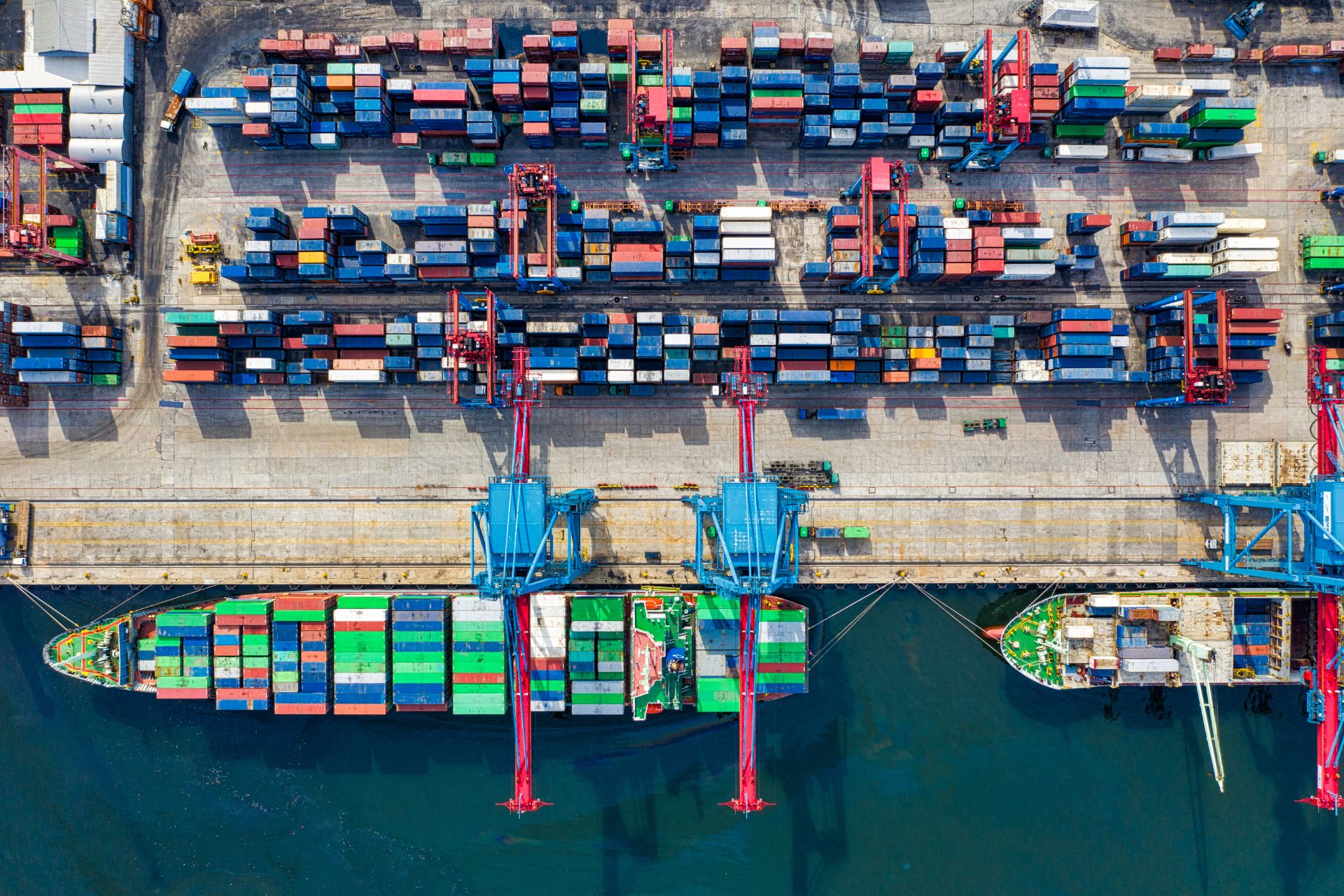Key Changes to the CCNL Agreement
The renewal of the National Collective Labour Agreement (CCNL) brings significant changes aimed at combatting illegal practices in logistics, handling, and freight forwarding activities. The contractual parties are committed to ensuring full compliance with regulations and protecting worker rights through stricter guidelines and requirements.
Highlights of the New Agreement
- Limiting Outsourcing Scope
Contracted activities are limited to logistics, handling, movement, and warehousing of goods within production processes. Furthermore, the management of logistics operations can only be entrusted to companies adhering to the provisions of the CCNL. Subcontracting of such activities will no longer be permitted. - Requirements for Contractors
Contractors must meet specific standards to be eligible, including: - Legal Structure: Only capital companies registered with the Chamber of Commerce or cooperative societies listed in the National Register of Cooperative Societies are eligible.
- Technical and Professional Qualifications: Contractors must possess adequate equipment, have no prohibitive measures against their operations, and uphold certifications such as anti-mafia clearance.
- Financial Stability: Companies must demonstrate financial competency with proper organizational structures in place.
- Workplace Safety: A valid Risk Assessment Document (DVR) and safety compliance certifications are mandatory.
- Fiscal and Contribution Regularity: Contractors must provide proof of current contributions and tax compliance through valid certifications such as DURC and DURF.
- Full Contract Compliance
Contractors are obligated to fully implement the provisions of CCNL, including health and safety safeguards, supplementary healthcare, and adherence to relevant bilateral agreements.
Causes for Contract Termination
Non-compliance with any of the stated requirements can result in immediate contract termination. This includes discrepancies in contributions, failure to adhere to health and safety measures, applying a different collective labor agreement, or neglecting worker benefits, including supplementary healthcare and contractual provisions.
Download the in-depth white paper now
Download the white paper for a detailed overview of the changes or book a demo of V-Apps.cloud to simplify and enhance your logistics operations today.
What you will find in the white paper:
- The increasing need for compliance in logistics subcontracting.
- The stringent measures of the new CCNL to combat illegal activities.
- The impossibility of further subcontracting for outsourced logistics activities.
- Mandatory requirements for outsourcing companies (technical, financial, safety).
- The consequences of non-compliance, including contract termination.
- How V-Apps.cloud supports CCNL compliance.
- The importance of compliance as a competitive advantage.
Fill out the form below to download our white paper: you will discover how to protect your organization from operational disruptions, administrative penalties, and reputational damage.
Ready to ensure compliance?
Compliance with evolving logistics regulations requires advanced tools and solutions.
Platforms like V-Apps.cloud, a cloud-based SaaS for QHSE management, offer innovative tools to ensure compliance with safety and operational regulations. With features such as AI-based alerts, predictive analytics, and comprehensive reports, companies can streamline operations while maintaining full legal compliance.
V-Apps.cloud is not just software, but a strategic partner to ensure operational continuity, regulatory compliance, and safety, which are key elements for sustainable success.
Book a personalized demo of the V-Apps.cloud solution now.
